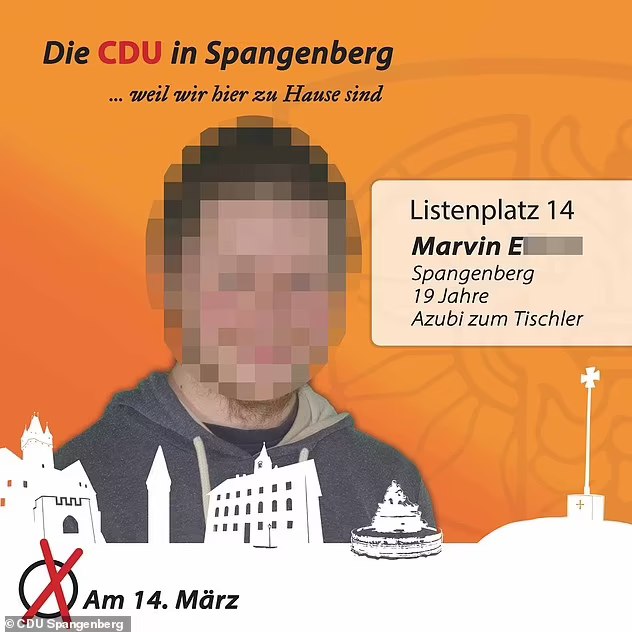Sinking Of Russia’s Flagship Navy Vessel A ‘Huge Psychological Boost’ For Ukraine
The sinking of the Russian guided-missile cruiser Moskva in the Black Sea is a significant win for Ukraine but may not have a major impact on the course of the war, analysts said.
Russia’s flagship Black Sea vessel sank on April 14 while being towed to port following an explosion that Ukraine’s military took credit for.








